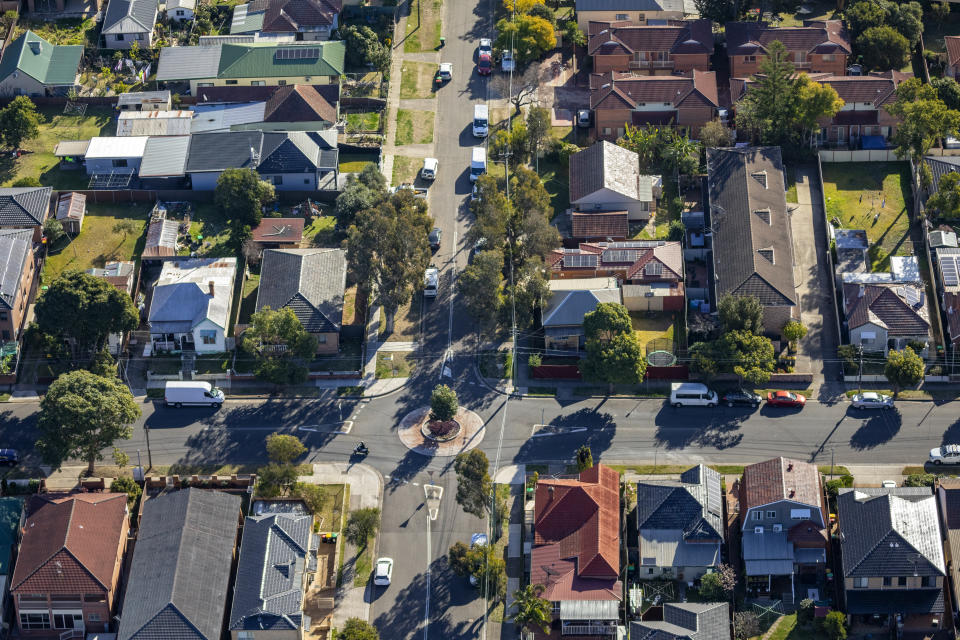What we can expect from Australia's property market over the next decade

What can we expect to happen to our property markets over the next decade? That’s a common question I’m being asked.
But I think I’m disappointing them with my answers because I tend to say something like “a lot will happen over the next decade, but I don’t make forecasts – instead I have expectations.
More from Michael Yardney: ‘The X factor’: 11 lessons learnt about the Aussie property market in 2019
More from Michael Yardney: Then, now and in the future: A glance at Australian property in 2019
More from Michael Yardney: The best investment property for 2020
Now there’s a big difference between forecasts and expectations. I expect there to be a recession in the next decade. But I don’t know when it will come.
I expect the property market to boom and then prices will tumble again. But I don’t know when.
I expect that some investments I will make won’t do well. But I don’t know which ones they will be.
I expect interest rates will rise. Probably not for a number of years. In fact, I don’t know when.
I expect that some investments I will make won’t do well. But I don’t know which ones they will be.
And I expect another world financial crisis. But I have no idea when it will come.
These aren’t contradictions or a cop-out
As I said, there’s a big difference between an expectation and a forecast.
An expectation is the anticipation of how things are likely to play out in the future based on my perspective of how things worked in the past. A forecast is putting a time frame to that expectation.
Of course, in an ideal world we would be able to forecast what’s ahead for our property markets with a level of accuracy. But we can’t, because there are just too many moving parts.
Sure, there are all those statistics that are easy to quantify, but what is hard to identify is exactly when and how millions of strangers will act in response to the prevailing economic and political environment.
Then there will always be those X factors that crop up: those unforeseen events that comes out of the blue, which could be local or overseas that undo all the forecasts we made.
Just look at these two major events that have rocked the world in the first month of this year.
The terrible, tragic bushfires in Australia: At present it’s uncertain how this will affect our economy, the forecast budget surplus, tourism or consumer confidence.
The Middle East conflict which will affect fuel prices and economies around the globe.
While I’m emphasising the economic impact, I’m not in any way belittling the tragic human impact these unexpected events have had.
What should you do about this?
I’ve found the most practical approach is to have expectations of what could happen without specific forecasts.
That’s because when you expect something to happen at some stage in the future, you’re not surprised when it happens.
Expecting the worst while preparing for the best forces you to invest with room for error, and psychologically prepares you for the inevitable disappointments. This is exactly how I planned for the most recent property downturn of 2018-19.
I didn’t know when it would come, how long it would last or how it would affect the value of my property portfolio or the cash flow of my business.
But I knew a downturn would come once again, and I was prepared for it with cash flow buffers to see me through the difficult times.
What I’m trying to explain it that there’s a huge difference between, “I expect another next property downturn sometime in the next decade” and “I expect the next property downturn in the second half of 2024.”
The big difference is how you invest
If I expect the property upturn we’re currently experiencing will be followed by another property downturn, then I won’t be surprised when it comes.
But since I don’t know when this will happen, I won’t make the focus of my property investing trying to time the property cycle.
That’s because trying to time the property cycle or looking for the next “hot spot” are two of the reason many property investors fail.
On the other hand, strategic investors maximise their profits during property booms and minimise their downside during busts by investing in assets that have “always” worked, rather than looking for the next hot spot or for the type of property strategy that works “now.”
They own investment grade assets in investment grade inner and middle ring suburbs of Australia’s three big capital cities.
The type of property that keep growing in value over time without fluctuating wildly in price when the property cycle slows down.
Michael Yardney is a director of Metropole Property Strategists. He is a best-selling author and one of Australia’s leading experts in wealth creation through property.
Make your money work with Yahoo Finance’s daily newsletter. Sign up here and stay on top of the latest money, property and tech news.

 Yahoo Finance
Yahoo Finance 
